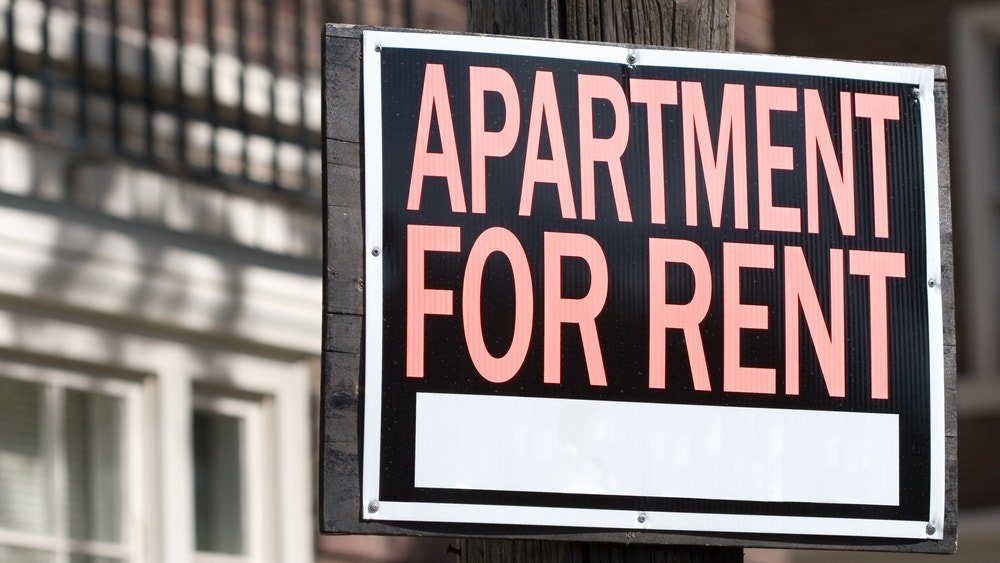
The reality for many renters looking to purchase a home is bleak, as they face near-record-high housing costs and mortgage rates.
However, that problem has been forming for over a decade. In 2022, one in six, or 16.6%, of renters lived in their homes for 10 years or more, an increase from 13.9% a decade earlier. During the same time, home prices have doubled and increased nearly 50% from five years ago, with mortgage rates nearing 20-year highs.
The share of renters living in the same home for five to nine years also rose, from 14% to 16.4% over the same period. According to a Redfin report, those renters may find it difficult to save for down payments and monthly mortgage payments as rental prices have risen over 20% in the last five years and 31% since the pandemic.
Don’t Miss:
While high rates and soaring home prices have prevented many from acquiring homes, other factors influence the trend of longer rental tenures.
Institutional ownership of single-family homes and the supply of available homes for sale are not keeping pace with demand. A 2023 report from Realtor.com indicated that large investors bought more than 8 percent of homes on the market as recently as December 2022 — the highest December share on record.
Regarding supply, the National Association of Realtors (NAR) reported that at the end of the period tracked by Redfin, the U.S. housing supply hit a record low of 1.6 months. While the number of available homes has increased since then (there were 734,318 active listings in the U.S. last month), it remains insufficient to meet the current demand.
Despite these factors, according to Redfin Senior Economist Sheharyar Bokhari, renting in the current market isn’t so bad. “While the fact that people are staying longer in their rentals may mean they can’t afford to buy a home in today’s market, staying put also means they’re saving some money that could eventually go toward a down payment if they do have a goal of homeownership.”
Trending: Are you rich? Here’s what Americans think you need to be considered wealthy.
Bokhari continued, “Staying in the same home means they’re likely to face smaller rent increases, and they’re saving money on moving costs and application fees.”
Who is Moving in This Market?
According to the report, younger renters are more likely to move frequently than older renters.
Gen Z renters move the most, with 55.5% staying in their homes for 12 months or less as of 2022. Another 40.6% stayed for one to four years, and just under 4% have lived in the same place for five or more years.
The report found that millennials showed similar patterns, with 28.8% living in their homes for 12 months or less and 50.7% for one to four years. Roughly 20% of millennials stayed for five or more years.
In contrast, Gen X renters are more settled, with 39.5% staying between one and four years and 17.1% for 12 months or less. Around 22% of Gen X renters stay for five to nine years, and another 22% for ten years or longer.
For those looking to purchase a home, housing economists suggest that if the Federal Reserve cuts rates later this year, it could slow down mortgage rate increases and encourage buyers to enter the housing market.
Keep Reading:
“ACTIVE INVESTORS’ SECRET WEAPON” Supercharge Your Stock Market Game with the #1 “news & everything else” trading tool: Benzinga Pro – Click here to start Your 14-Day Trial Now!
Get the latest stock analysis from Benzinga?
This article Renters Are Staying Longer Amid Rising Housing Costs And High Mortgage Rates originally appeared on Benzinga.com
© 2024 Benzinga.com. Benzinga does not provide investment advice. All rights reserved.

